Born in London, Aug 7, 1868
Died in London, Oct 16, 19461
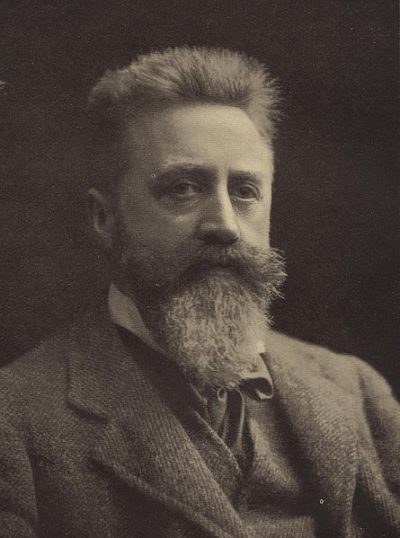

Born in London, Aug 7, 1868
Died in London, Oct 16, 19461
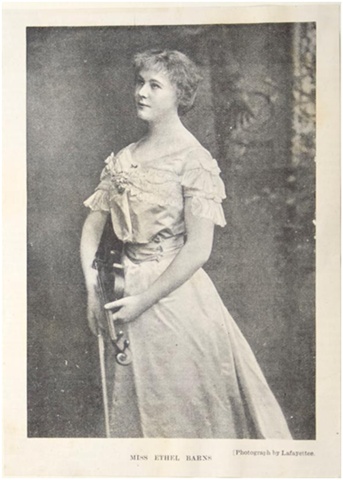
Born in 1874
Died in Maidenhead, Dec 31, 1948
Learn More
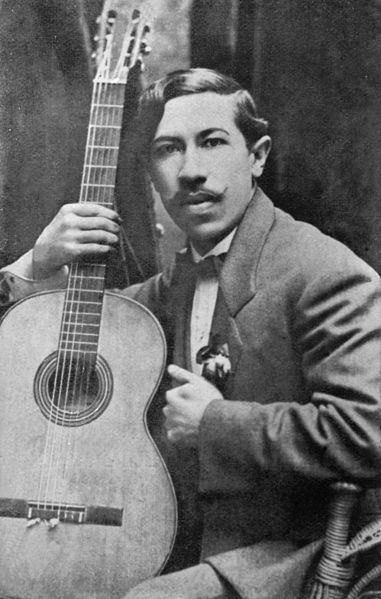
Born in San Juan Bautista de las Misiones, May 5, 1885
Died in San Salvador, Aug 7, 1944
Learn More
Short biography from the Philadelphia Chamber Music Society
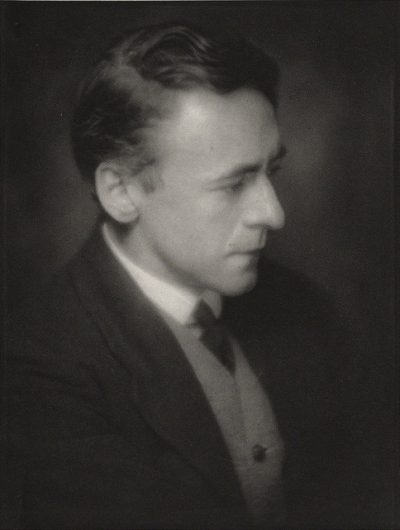
Born in Streatham, UK, Nov 8, 1883
Died in Cork, Oct 3, 1953
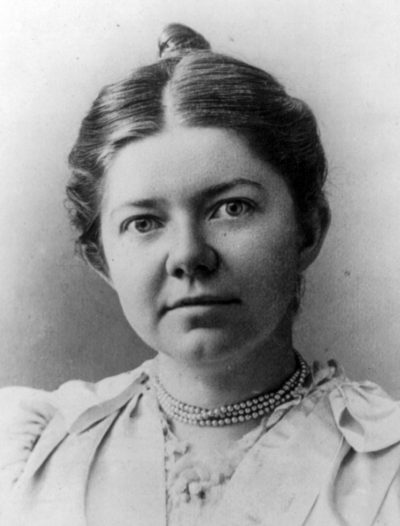
Born in Henniker, NH, Sept 5, 1867
Died in New York, NY, Dec 27, 1944
Biography from the Library of Congress
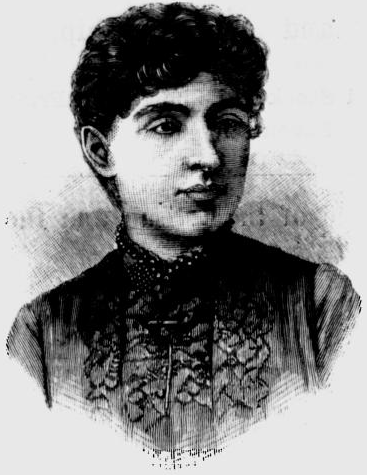
Born in Ecclesall Bierlow, York, August 16, 1862
Died in London, Nov 16, 1951
Sometimes this composer is known by her married name, Dora Knatchbull.
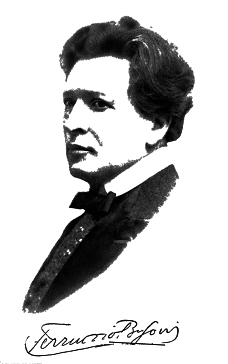
Born in Empoli, April 1, 1866
Died in Berlin, July 27, 19247
“boo-ZOH-nee” / PRONUNCIATION

Born in London, July 12, 1885
Died in Pozières, Aug 5, 1916

Born in Mexico City, Sept 8, 1863
Died in Mexico City, Oct 29, 1934
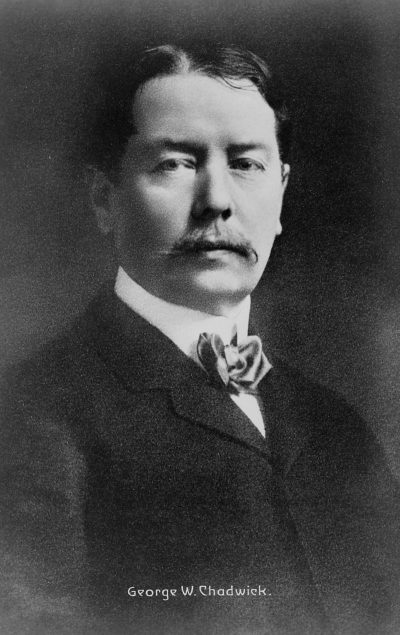
Born in Lowell, MA, Nov 13, 1854
Died in Boston, MA, April 4, 1931
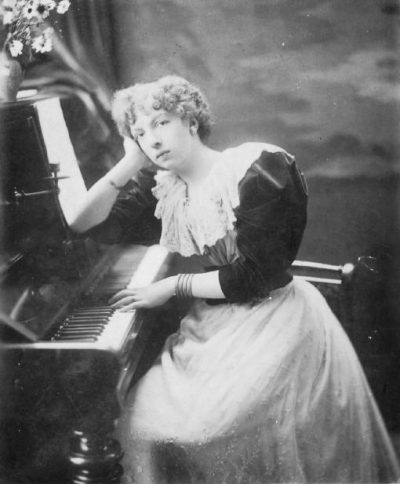
Born in Paris, Aug 8, 1857
Died in Monte Carlo, April 13, 1944
Biography from the Philadelphia Chamber Music Society
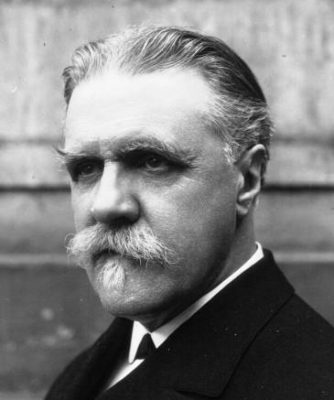
Born in Paris, Mar 27, 1851
Died in Paris, Dec 2, 193114

Born in St Germain-en-Laye, Aug 22, 1862
Died in Paris, March 25, 1918
Fantaisie for piano and orchestra
Images for Orchestra: No. 3, Springtime Rounds (Rondes de printemps)
La Boite a Joujoux (The Toy Box)
Prelude to the Afternoon of a Faun

Born in Bradford, Jan 29, 1862
Died in Grez-sur-Loing, June 10, 1934
Caprice and Elegy for Cello and Small Orchestra (arr. Fenby)
Intermezzo from Fennimore and Gerda
North Country Sketches: “Winter Landscape”
On Hearing the First Cuckoo in Spring
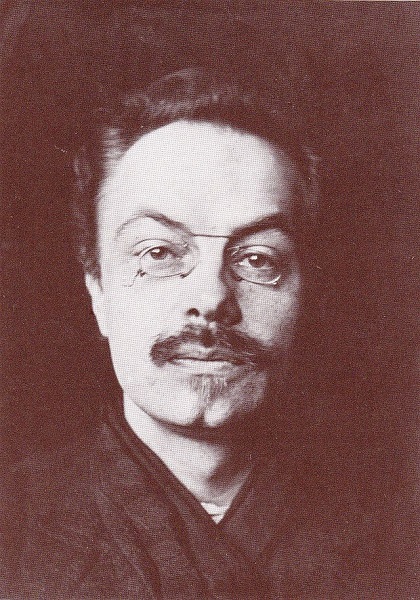
Born in Amsterdam, Sept 2, 1862
Died in Amsterdam, April 5, 1921
Learn More
Biography from the Philadelphia Chamber Music Society
Short biography from the Kennedy Center
BBorn Pozsony [now Bratislava], July 27, 1877
Died in New York, Feb 9, 1960
Pronunciation
Pronunciation in IPA: [ˈɛrnøː ˈdohnaːɲi]
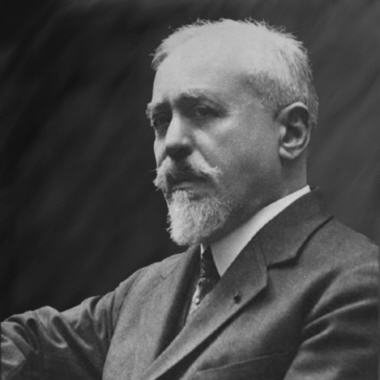
Born in Paris, Oct 1, 1865
Died in Paris, May 17, 193516

Born in Broadheath, near Worcester, June 2, 1857
Died in Worcester, Feb 23, 1934
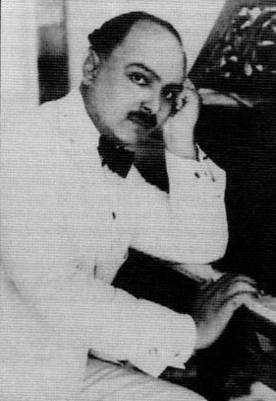
Born in Cap-Haïtien, 1883
Born in Cap-Haïtien, 1883
Died in New York, Dec 3, 1931
Biography from Africlassical.com
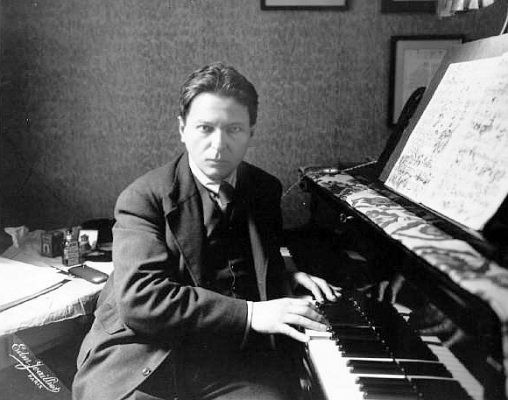
Born in Liveni Vîrnav [now George Enescu], near Dorohoi, Romania, Aug 19, 1881
Died in Paris, France, 3/May 4, 1955
Biography from the National Museum “George Enescu” in Bucharest
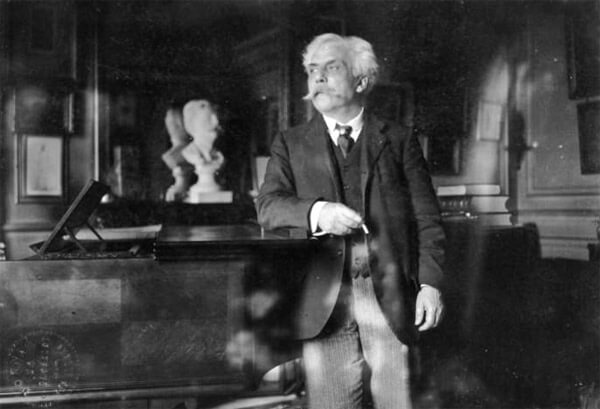
Born in Pamiers, Ariège, May 12, 1845
Died in Paris, Nov 4, 1924
Learn More
Biography via Deutsche Grammophon
Violin Concerto in d minor, Op. 14
Après un rêve (After a Dream), Op. 7 No. 1
Ballade in F-sharp Major, Op. 19
Berceuse for Violin and Orchestra, Op. 16
Fantaisie for Flute and Orchestra, Op. 79
Masques et Bergamasques, Op. 112
Sicilienne, Op. 78 (from Pelléas et Mélisande)
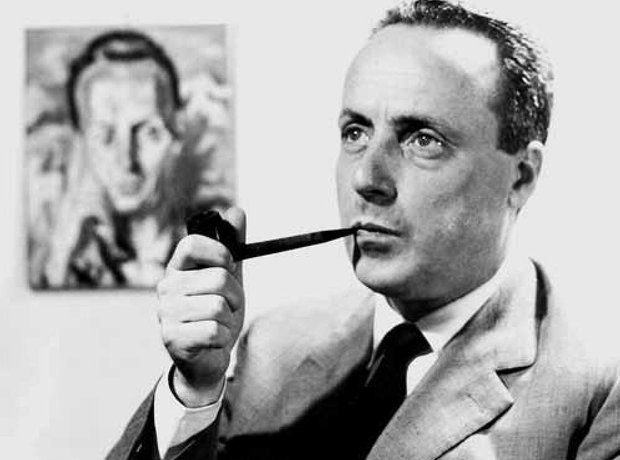
Born in London, July 14, 1901
Died in Oxford, Sept 27, 1956
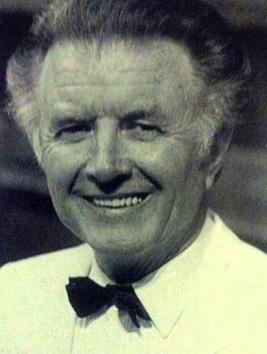
Born in Derby, Dec 12, 1879
Died in Windsor, Sept 10, 1932
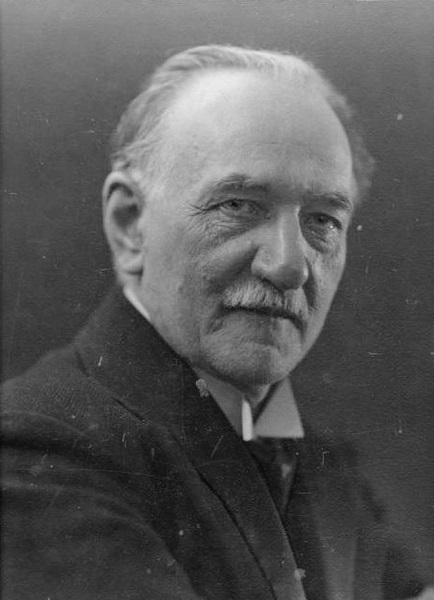
Born in Prague, Dec 30, 1859
Died in Nový Vestec, nr Stará Boleslav, Bohemia, May 29, 1951
Learn More
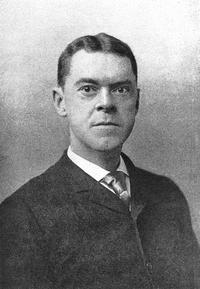
Born in Salem, MA, March 5, 1853
Died in Boston, MA, April 8, 1937

Born in Hulme, Manchester, Nov 2, 1880
Died in Calcutta, April 24, 1939

Born in Whitchurch, Shropshire, Feb 17, 1862
Died in London, Nov 11, 1936
Born Edward German Jones
Pronunciation: the “G” in “German” is a hard G, like the G in “garden,” not “jer-man” as in “Germany.” The name “German” is an anglicized version of the Welsh name “Garmon.”
German’s father was Welsh and his mother was English; his Oxford Music Online article describes the composer as “Anglo-Welsh.”

Born in Kiev, Dec 30, 1874/ Jan 11, 1875
Died in Moscow, June 23, 1956
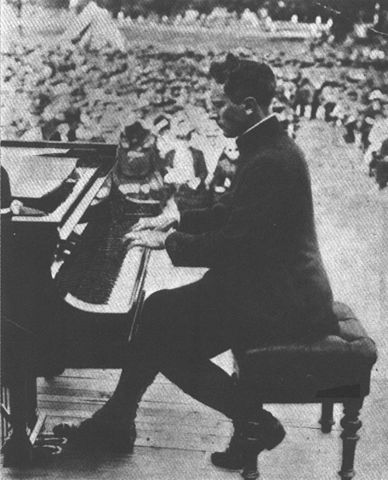
Born in Brighton, Victoria, July 8, 1882
Died in White Plains, NY, Feb 20, 1961

Born in Lérida [Lleida], July 27, 1867
Died at sea, English Channel, March 24, 1916
Spanish Dances (Danzas españolas)
Spanish Dance No. 3: Zarabanda
Spanish Dance No. 4: Villanesca
Spanish Dance No. 6: Jota (Rondalla Aragonesa)
Spanish Dance No. 8: Asturiana

Born in Caracas, Aug 9, 1874
Died in Paris, Jan 28, 1947
“Hahn would not have been dismayed that his reputation today rests firmly on his 100-or-so songs.”
BBC Music Magazine
Learn More
Biography from the European Institute of Jewish Music (IEJM)
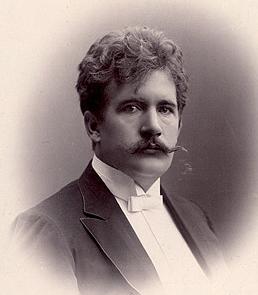
Born in Drammen, March 15, 1864
Died in Oslo, Dec 4, 1935

Born in Hillsborough, Co. Down, Dec 4, 1879
Died in Brighton, Feb 19, 1941

Born in Dublin, Feb 1, 1859
Died in New York, May 26, 1924
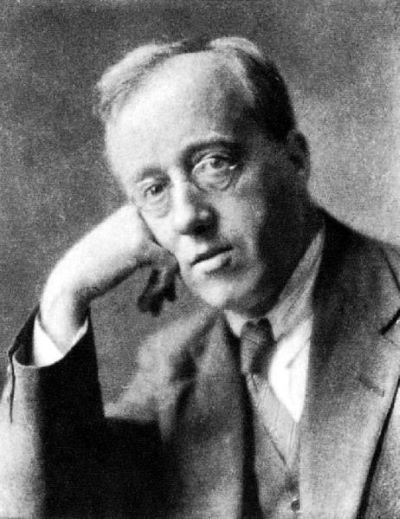
Born in Cheltenham, Sept 21, 1874
Died in London, May 25, 1934
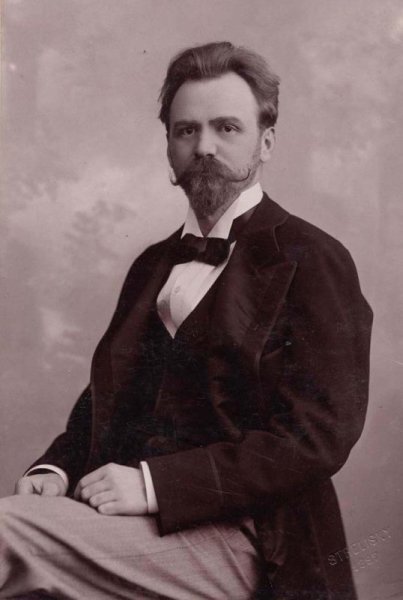
Born in Budapest, Sept 15, 1858
Died in Budapest, March 12, 1937

Born in Gatchina, near St Petersburg, 7/Nov 19, 1859
Died in Moscow, Jan 28, 1935
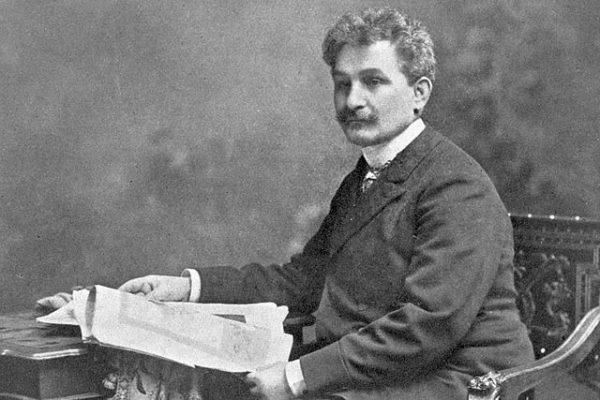
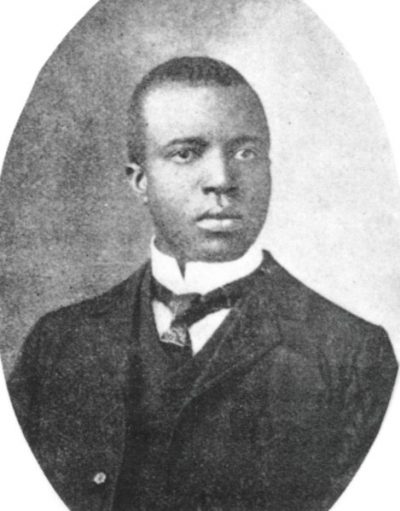
Born in northeast TX, between July 19, 1867 and mid-Jan 1868
DiedBorn in northeast TX, between July 19, 1867 and mid-Jan 1868
Died in New York, NY, April 1, 19171

Born in Brno, May 29, 1897
Died in Hollywood, CA, Nov 29, 1957
“Korngold saw his films as ‘operas without singing’ and drew no distinction between writing in this genre and any other. He brought techniques of Wagner, Strauss, and Puccini into the cinema and, along with his fellow emigres in Hollywood… helped turn film music into an art in its own right.”
Jessica Duchen, BBC Music Magazine Vol. 30, No. 9
Learn More
Korngold Intro from Erich Korngold Society website